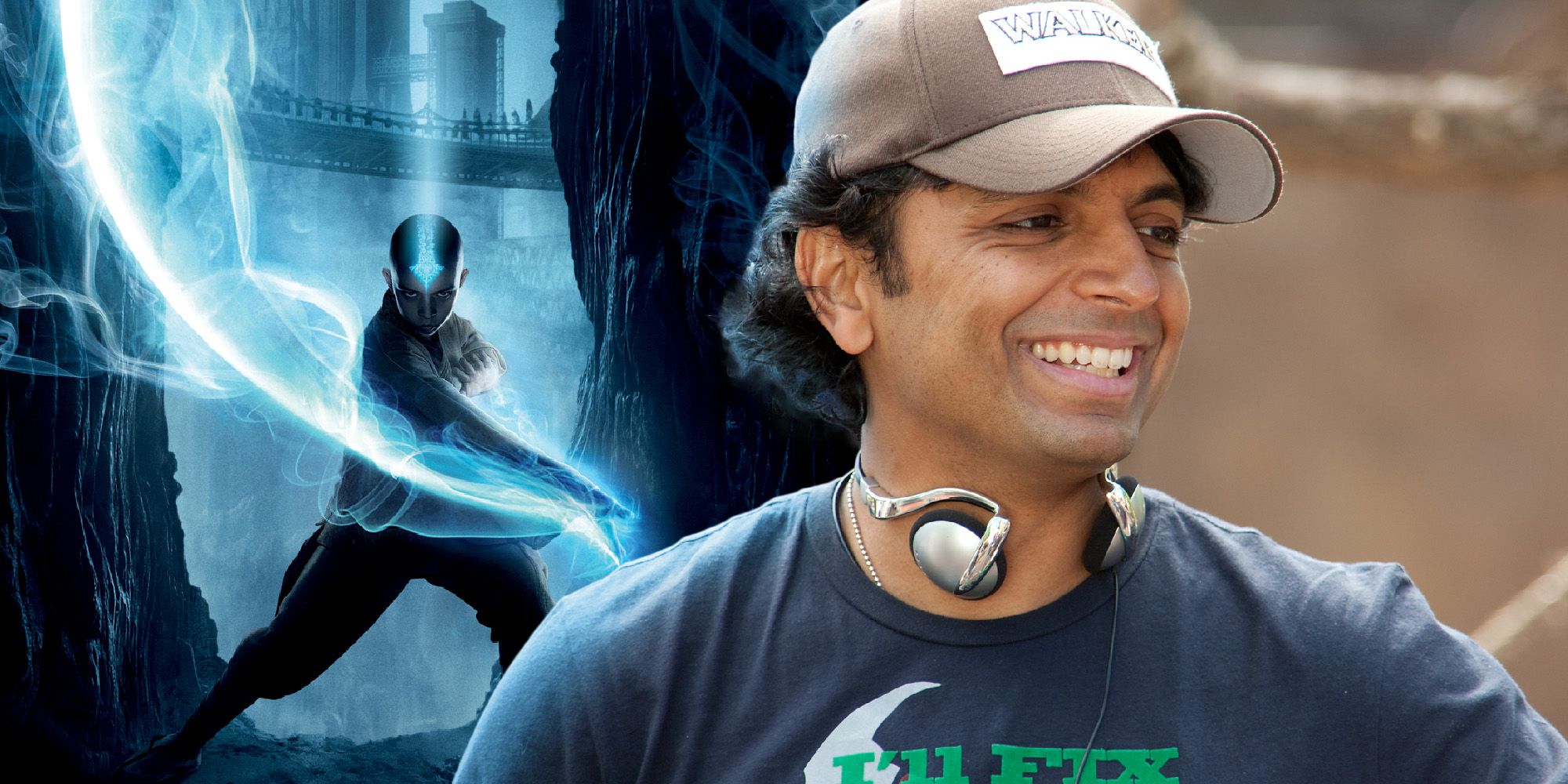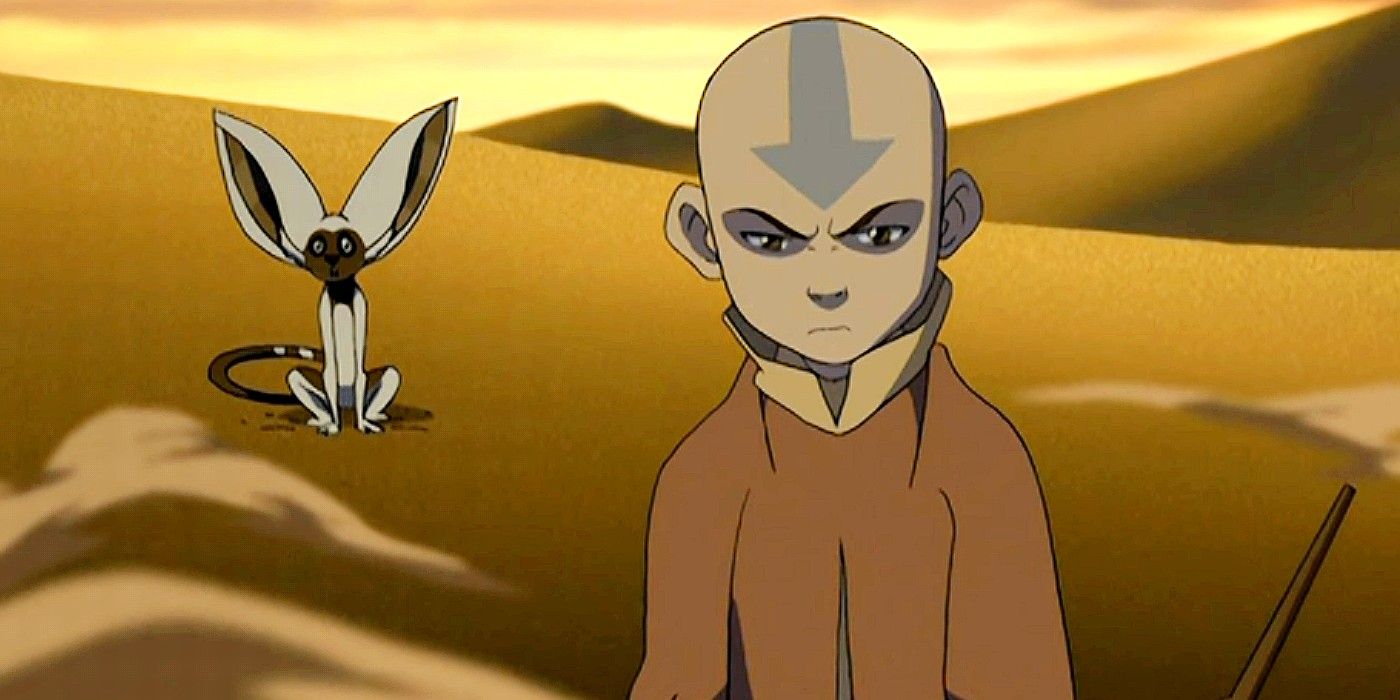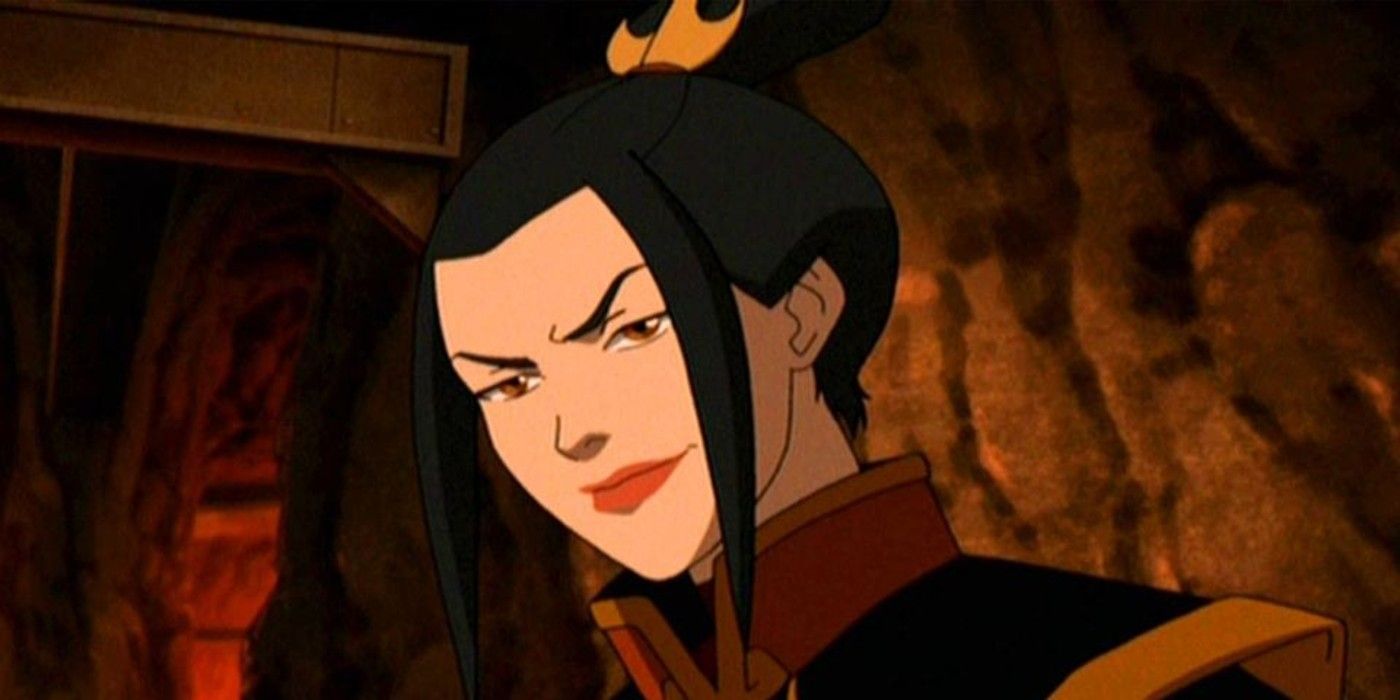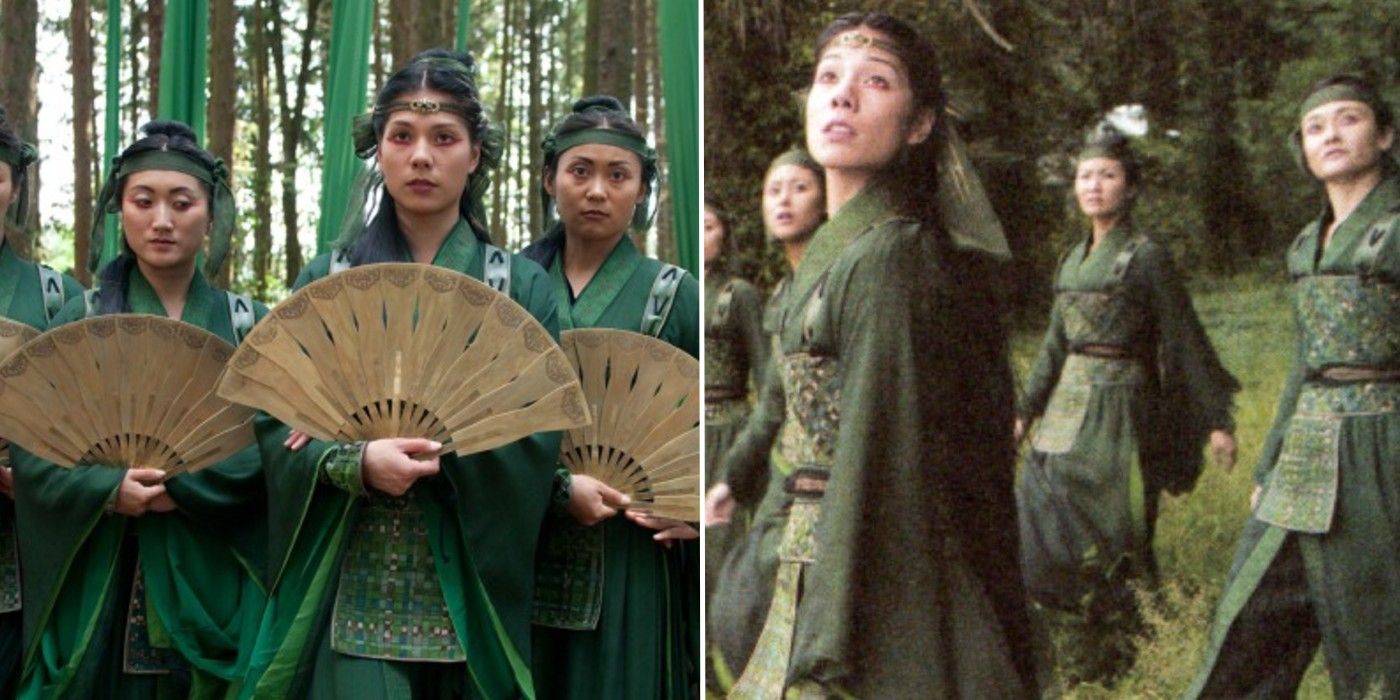
The Last Airbender movie received universal backlash, which meant M. Night Shyamalan's plans a sequel - which would've dove deeper into Avatar: The Last Airbender's lore - ultimately didn't come to fruition. Though it ultimately proved a failure, there was a time when a live-action adaptation of Avatar helmed by acclaimed The Sixth Sense director truly excited fans and appeared to portend a new entry into the upper echelons of media franchise success stories, right beside the likes of Harry Potter and Star Wars. But, as audiences know, a different fate befell the trilogy-that-never-was, and although it takes nothing away from the brilliance of the show, it forever rendered Avatar forays into live action fraught with danger.
In 2010, plans for an Avatar: The Last Airbender film trilogy were well underway: Shyamalan, having fallen in love with the show while watching it with his children, began mobilizing an effort to bring each of the three seasons to the big screen. What happened next was, in short, a disaster. The miserable first installment killed its siblings in the cradle, arguably taking its director's career and credibility with it - for a time.
Avatar fans' desires to see the full extent of the vibrant four nations realized in live-action, if any remained after the 2010 film, were doused like water tossed on a fire. The Netflix acquisition and remake briefly rekindled hope, only to come crashing down when writers Brian Konietzko and Michael Dante DiMartino left the new live-action Avatar project due to creative differences, reanimating fears of the previous live-action adaptation. Still, prior to all this, Shyamalan's plans for a Last Airbender sequel (and trilogy) were quite intriguing.

The name of the franchise game in the early 2010s was "darker". The tail end of the Harry Potter series had ventured far from its initial childish whimsy and veered into gritty, gut-wrenching despondence. Christopher Nolan's edgy Dark Knight trilogy was recontextualizing franchise properties through the lens of high-art, and the fledgling DCEU brought Superman back to theaters in muted colors with Man of Steel. It would stand to reason Shyamalan, whose works rarely enjoy camp or brightness even in small doses, would have steered his trilogy directly into this trend, opting for a dark-and-edgy movie sequel. Indeed, Shyamalan himself was quoted describing a potential sequel saying “In the second part, which is my favourite, it gets darker, things go wrong and Aang makes a lot of bad choices. I love that as a second act of the story” (via M. Night Fans).
Shyamalan isn't off-base in his assessment. Avatar: The Last Airbender season 2 features some of the most harrowing challenges that face Team Avatar: the opening episode's premise has Aang deliberately relive trauma in an unhealthy effort to unlock the Avatar state. Their journey through the Earth Kingdom features unpolished portraits of refugees of war, corrupt political conspiracies, and sociopathic brainwashing. Two of the show's most heralded episodes "Tales of Ba Sing Se" (season 2, episode 15) and "Appa's Lost Days" (season 2, episode 16) earn the season high marks for inducing viewers' tears. Such painful, at times downright brutal subject matter, combined with an industry trend to bolster such, could've made for a truly dark movie sequel.

Further compounding on the darkness of The Last Airbender 2 would be the central villain, introduced in live-action form at the very end of the 2010 film. Cruel and calculated, Azula etched herself into the minds of Avatar fans with her dogged and inhuman pursuit of Team Avatar beginning in season 2. Shyamalan described his script for the second movie, telling MTV News: "I've written a draft that I'm really happy with and is darker and richer, and it has a wonderful antagonist in it in Azula, who's kind of like our only real, pure antagonist in the series, so I'm excited about that."
But for all her brilliance as a character, she hardly can claim sole ownership of villainy in season 2. Jet serves as an interestingly ambiguous ally, then antagonist, then ally again for Team Avatar. Zuko and Iroh enjoy a deep and rich arc of their own. But most interesting, perhaps, as an additional force of evil to oppose Aang and his friends is the Dai Li and their calmly nefarious mastermind Long Feng. Should The Last Airbender 2 have taken a darker tone, widespread governmental corruption would've provided an interesting avenue to execute such a vision, and Long Feng would've been the poster child for this plot.
With all these threads, antagonists, and story arcs, it becomes clear that the task of whittling down 20 episodes into two hours presents an arduous challenge, one too great for any director to reasonably overcome. A point of criticism frequently levied at The Last Airbender was that it failed to employ any of the depth, richness, and world-building of the source material, instead stopping to situate audiences in a familiar scene from the series, read expositional dialogue , then move onto the next forgettable scene. Season 2 arguably packs more content into its runtime than its predecessor, meaning that perhaps a selection of fewer plot threads and characters done well would've had a greater chance at success than more done poorly. If it were made, audeinces would've seen whether Shyamalan learned that lesson from the first film.

Though cut from The Last Airbender, the Kyoshi Warriors would have made a triumphant introduction in The Last Airbender 2. Shyamalan was quoted as having cut them out of the first film (and out of The Last Airbender DVD extras) explicitly because he was saving them for the sequel, and he didn't want to have to reintroduce them. It stands to reason they would've factored heavily into his sequel plans, moving their season 1 introduction into the second movie, while keeping much of their season 2 functions in tact.
The Kyoshi Warriors play no small part in the arc of Avatar: The Last Airbender season 2. Team Avatar makes a return visit to their eponymous island, they track and help save a lost Appa, and ultimately they provide surreptitious entry for Azula and her compatriots by virtue of their capture. Fans hoping to see the Kyoshi Warriors' distinctive look brought to life in the first film would surely have had their hopes realized in a sequel. In fact, leader Suki's relationship with Sokka could have remedied some of the latter's flaws in his The Last Airbender version, possibly adding the comedy and heart so absent from the live-action rendering.
from ScreenRant - Feed https://ift.tt/34YT52A





No comments: